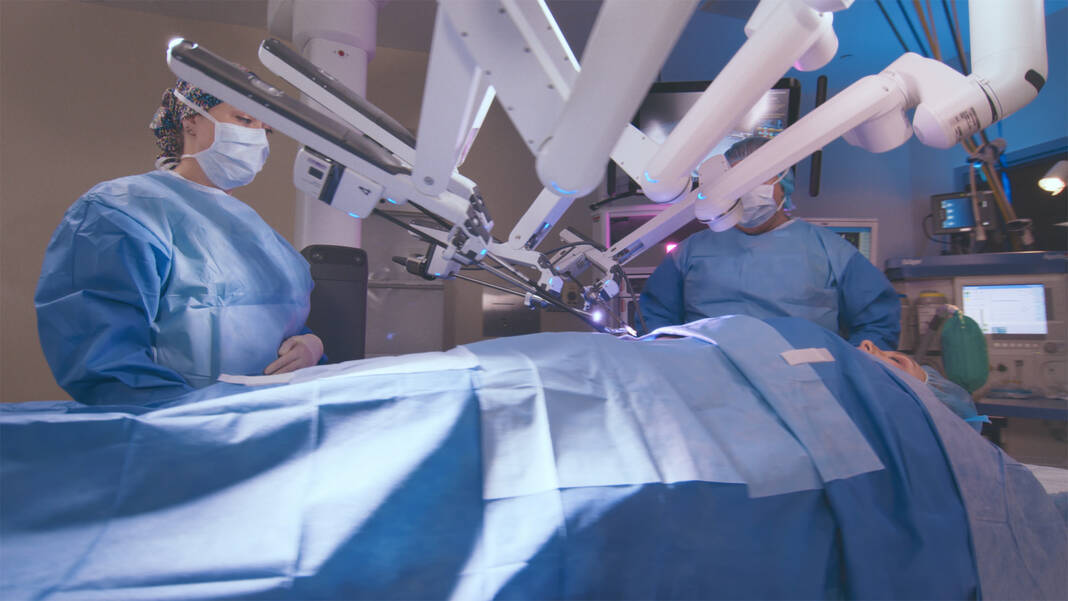|
Only have a minute? Listen instead
Getting your Trinity Audio player ready...
|
February is American Heart Month, a time that focuses on bringing awareness about the various heart diseases and its impact on one’s overall health.
According to the Centers for Disease Control and Prevention, heart disease is the leading cause of death in the U.S. with one person dying from cardiovascular disease every 33 seconds.
About 1 in 5 Americans died from heart disease in 2021, which is about 695,000 people, CDC data shows.
That same data also shows that Hispanics make up 11.9% of those deaths; 18% are white, 18.3% are Native Hawaiians or other Pacific Islanders, 22.6% are Black, 18.6% are Asian, 15.5% are American Indian or Alaska Native, and 17.4% represent other racial and ethnic groups.
According to Carol Mejia, a registered nurse and the director of advanced cardiac care services at South Texas Health System Heart, Texas is among the states with the highest rate of heart failure.
She explained that the most common heart conditions in the Rio Grande Valley are coronary artery disease, congestive heart failure and aortic valve stenosis, each of which can lead to further complications such as cardiac arrhythmia.
Diseases such as aortic valve stenosis, a condition that causes narrowing of the valve, are linked to a 50% mortality rate in two years if left untreated.
Mejia explained that a majority of heart conditions can be treated at STHS Heart, located at 1900 S. D St. in McAllen, as they continue to implement more diagnostic and treatment methods.
In fact, in 2020 the heart hospital implemented the transcatheter aortic valve replacement procedure, or TVAR, a surgical procedure in which the aortic valve is replaced by a valve made from animal tissue.
Since then the procedure has helped over 300 patients at STHS Heart.
Other tools that help the hospital diagnose various heart diseases are the CardioMEMS HF System, a small sensor that is implanted in the pulmonary artery to help physicians monitor heart failure, as well as imaging tools that help physicians get a better look at the infected area.
Although STHS Heart is prepared to treat heart problems, Mejia believes awareness plays a key role in the prevention of heart diseases.
“Prevention is worth a million,” Mejia said, adding that understanding the heart will make it easier for one to identify potential issues.
She explained that knowing one’s family medical history will allow them to focus on reversing the potential risk factors, such as high blood pressure, that could lead to heart disease.
She also added that it is important to receive routine check-ups with a primary care physician.
“Don’t be afraid to ask questions, don’t be afraid to look for resources or ask for resources on how you can make those small changes,” Mejia said. “It’s small changes that progress to correction of several of those risk factors.”
To learn more about heart health, STHS Heart will be hosting its annual Heroes with Hearts 5K on Saturday, Feb. 24 where they will have educational booths throughout the event explaining the different programs available at the hospital. The event will be held at 7:30 a.m. at STHS Heart.
Registration for the event is open until 12 p.m. Thursday, Feb. 22. To register for the event visit sthsactive.com.




